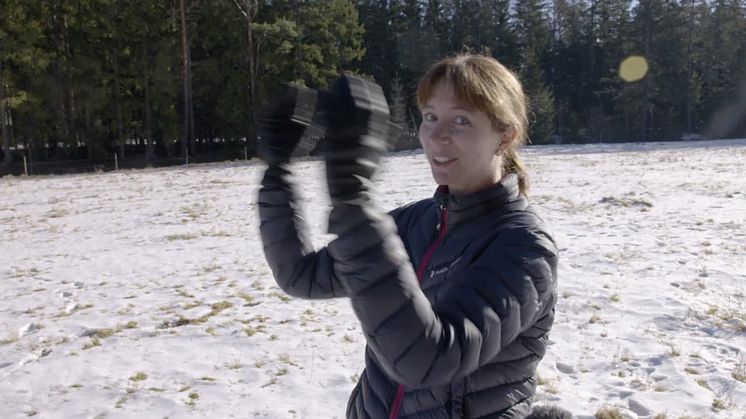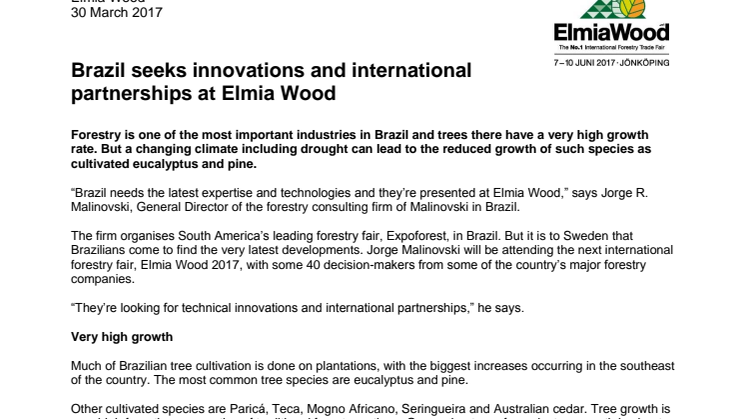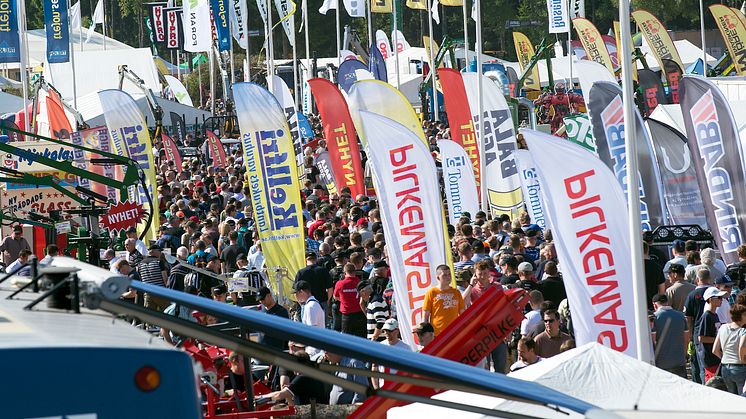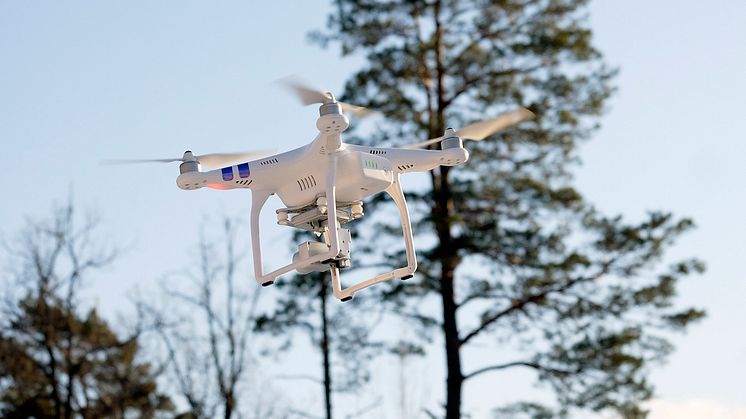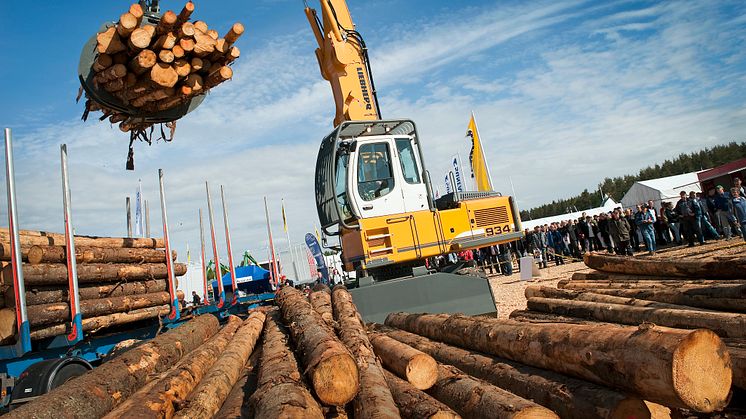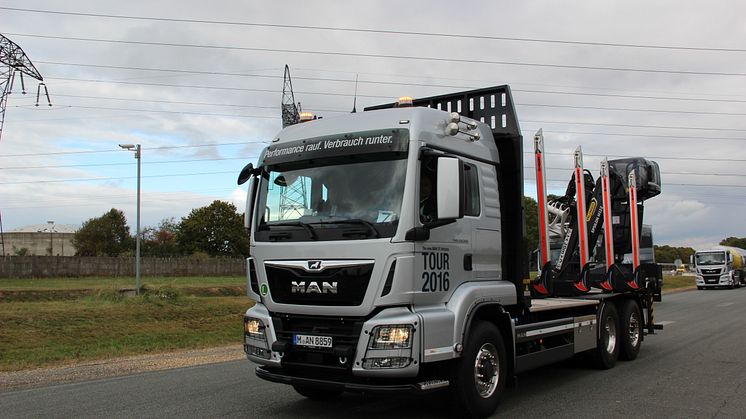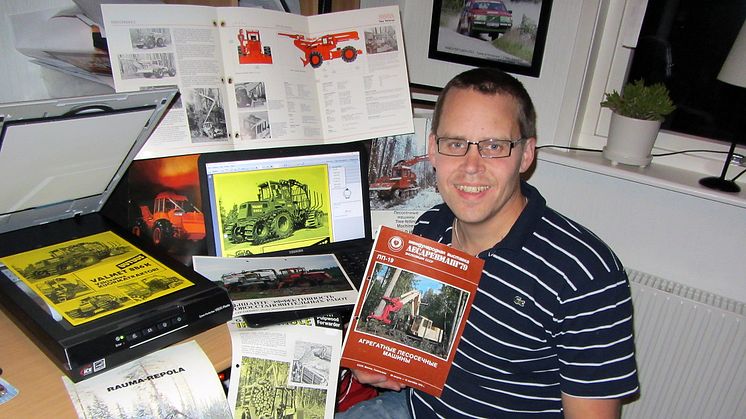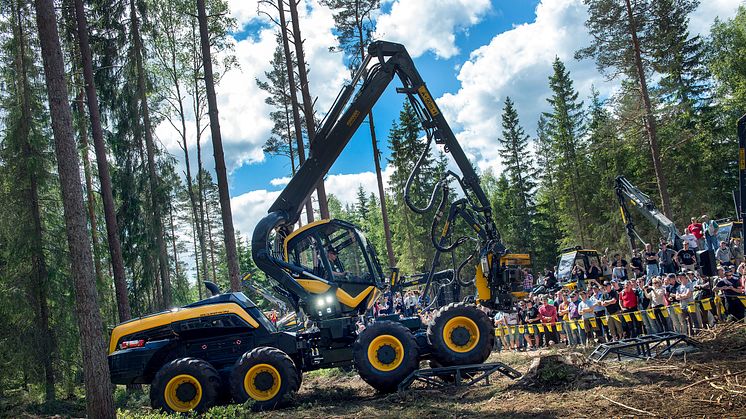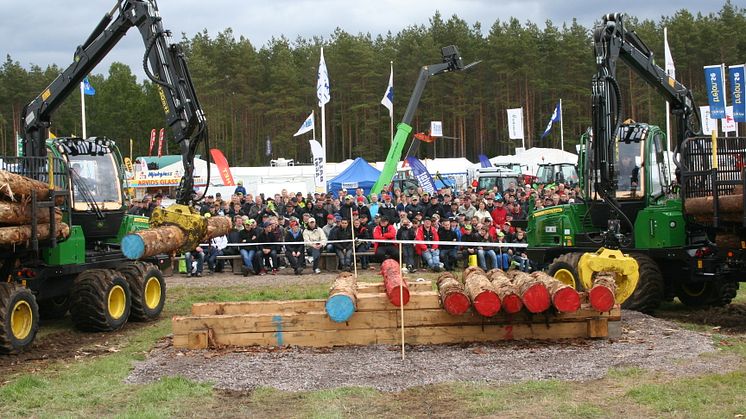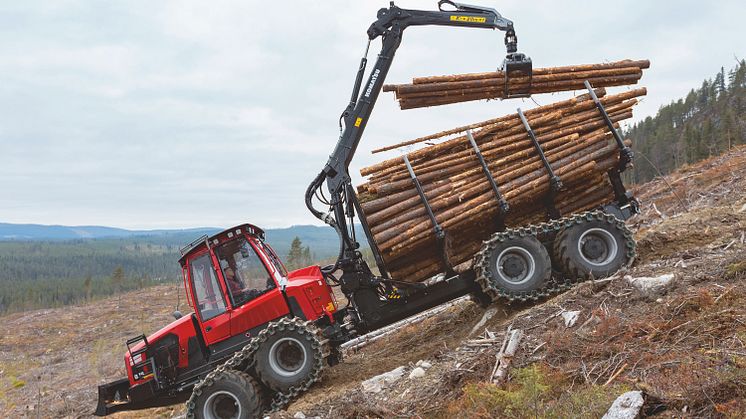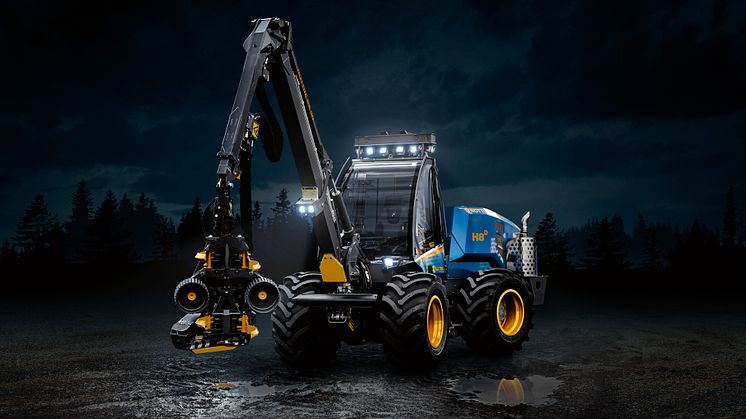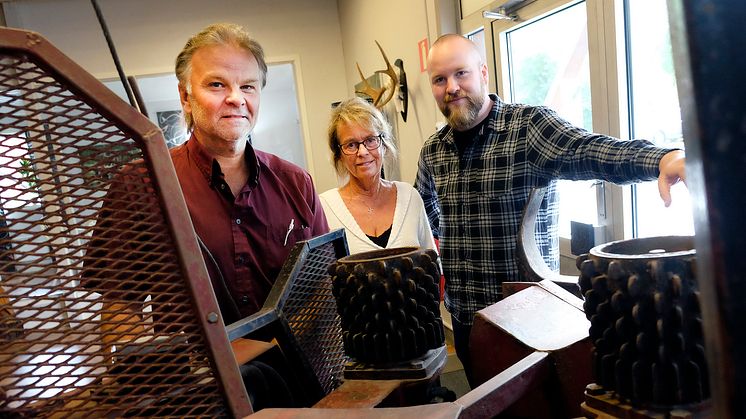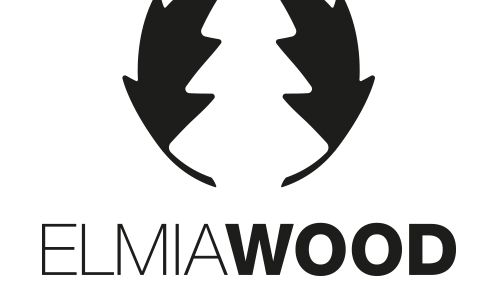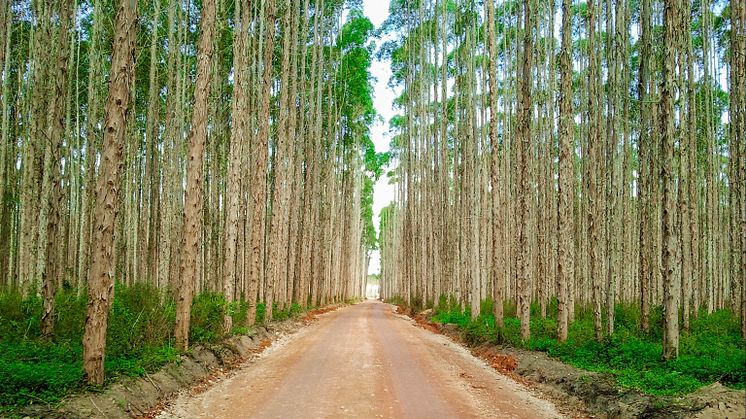
Press release -
Brazil seeks innovations and international partnerships at Elmia Wood
Forestry is one of the most important industries in Brazil and trees there have a very high growth rate. But a changing climate including drought can lead to the reduced growth of such species as cultivated eucalyptus and pine.
“Brazil needs the latest expertise and technologies and they’re presented at Elmia Wood,” says Jorge R. Malinovski, General Director of the forestry consulting firm of Malinovski in Brazil.
The firm organises South America’s leading forestry fair, Expoforest, in Brazil. But it is to Sweden that Brazilians come to find the very latest developments. Jorge Malinovski will be attending the next international forestry fair, Elmia Wood 2017, with some 40 decision-makers from some of the country’s major forestry companies.
“They’re looking for technical innovations and international partnerships,” he says.
Very high growth
Much of Brazilian tree cultivation is done on plantations, with the biggest increases occurring in the southeast of the country. The most common tree species are eucalyptus and pine.
Other cultivated species are Paricá, Teca, Mogno Africano, Seringueira and Australian cedar. Tree growth is very high from the perspective of traditional forestry nations. On one hectare of eucalyptus, growth is about 50 cubic metres per year, with final felling after 7 years for pulp wood and 16 years for sawn timber. Although it is not possible to make a totally fair comparison, trees on Brazilian plantations grow four to five times faster than conifers in the northern hemisphere.
Good conditions for forestry are the foundation for major investments, mainly in the production of paper pulp. From 2011 to 2019 capacity will more than double, from 14 to 30 million tonnes per year.
Climate change is causing drought
At the same time, ongoing climate change is causing drought in parts of Brazil, mainly in the west and northeast regions. The result can be less growth and lower felling productivity.
Brazil’s forestry industry is aiming to balance this situation with the aid of the latest knowledge and technologies. That’s why a delegation from the country’s bigger forest companies is coming to Sweden and Elmia Wood 2017.
“It’s at Elmia Wood that manufacturers launch their new harvesting machinery and other forestry equipment. It’s a trade fair that all forestry professionals need to attend,” says Jorge Malinovski.
Contact persons
Jakob Hirsmark, Exhibition Manager, +46 36 15 22 14, jakob.hirsmark@elmia.se
Sara Åberg, Communicator, +46 36 15 20 49, sara.aberg@elmia.se
Rafael Malinovski, Elmia Wood representative for Brazil, +55 41 3049 7888, comunicacao@malinovski.com.br
